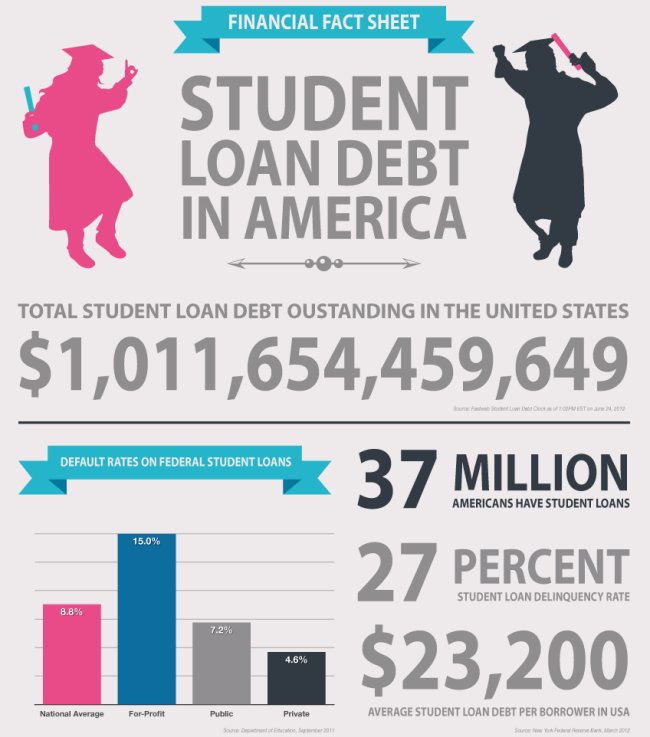Once you’ve finished nursing school, you look forward to a life that offers you a dream job, a worry-free life, family, and house. But there’s one thing that is missing in-between all of that: paying off your student loans. Unfair as this may sound, the rise in college and university tuition fees have left students with no choice but to finance their education through a whooping sum of money taken out as student loans. We all know life becomes a lot harder when you have this worrying debt at the back of your mind. Loans may make your time at college comparatively easier, but life after student loans is not easy unless you manage your budget and loan repayment in such a way that it does not become a hurdle stopping you from moving forward in life.
So, here are a few smart debt management tips for you to keep your life moving at a steady pace:
1. Get A Head Start Before You Go
Once you have made the decision to take out a loan, don’t be hasty and enroll yourself in the first program you hear about. Get to know the nursing program that interests you, research your loan options—and then go for it. Doing your research beforehand will not only help you make a wise decision but will also help you plan your future accordingly. You must be realistic about your goals and should consider every good (or bad) possibility that might occur in your future. Knowing your loans will also provide you with information about repayment plans.
2. Try to Cut it Down
Look for ways to lessen the burden as much as you can. There are a number of scholarships offered to help students pursue their academic goals. Students who choose nursing as their future profession get certain benefits and scholarships. Talk to a professional who can guide you through the most feasible scholarship(s). You can also opt for public service loan forgiveness program after you become a registered and practicing nurse. The program will provide you forgiveness on your remaining loans after 3 years of payments, along with the interest. The program provides relief to people employed to serve the public, including nurses and nurse practitioners. However, the forgiveness program does has some conditions, such as being a full-time employee (working 32 hours or more per week).
3. Spend Less, Pay More
When you have loans to pay, these should be your first priority in terms of spending money. Frugal living doesn’t hurt anyone and can keep your budget managed. Try to pay more than the standard amount to get out of debt easily. Once you are debt free, you can spend your money any way you want. You can go for shared living and save some money to pay off your debts rather than buying or renting an apartment, where you’ll have to bear all the expenses. Try looking for alternatives, or just put hefty expenses on hold, until you repay your loans.
4. Work, Save, Repeat
There is no rule that says you can only work once you’re done studying. Find yourself a source to pay for your little expenses even while you’re in college. This will help you through college in addition to helping you start saving for your loans. There are a number of volunteering opportunities which offer complete or partial reimbursement on your tuition fee, so keep an eye out for such opportunities as well. And start saving early; it won’t just help with your loan repayment but will also help if something unexpected comes up.
5. Keep a Record
Always keep a record on your spending, including the repayments you make. There are people who just keep on paying their loans without knowing how much they have paid so far, the interest on their loans, or how many payments are left. This will not just disturb your repayment cycle, but your budget too. If you don’t trust yourself enough to make payments on time, then opt for an automatic payment method, which will automatically deduct a standard amount every month.
Student loans are considered a growing concern for the coming generations. However, while they are often inevitable, they are manageable, too.

- 5 Smart Ways to Manage Your Student Debt - June 10, 2015



